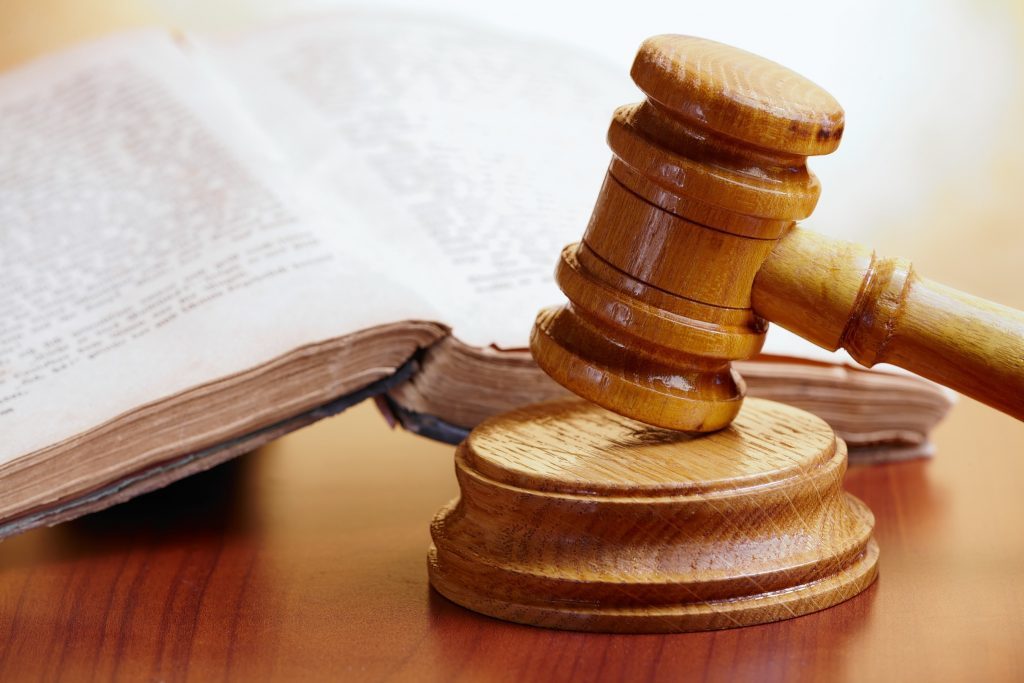
A Brazilian appellate court has unanimously upheld a corruption conviction imposed on former president Luiz Inacio Lula da Silva – and added years to his prison sentence.
The ruling could keep him out of the October presidential election for which he has been leading in the polls.
The decision was the latest legal setback for Mr da Silva, who was wildly popular as president between 2003 and 2010 but has since been dogged by corruption allegations amid a scandal that has taken down top politicians and business executives in Latin America’s largest nation.
While Mr da Silva has several avenues to still get on the October ballot – and his lawyers have indicated they will appeal any setback – the ruling further complicates a political comeback.
Many argue that sidelining him could anger millions of his supporters and shake the country’s political stability.
A three-judge panel heard arguments from both sides over Mr da Silva’s conviction on corruption and money-laundering charges alleging that he took a payoff from a construction company in return for contracts.
Judge Joao Pedro Gebran Neto was the first to vote. He went beyond the original conviction, saying that jail time should be 12 years and one month, an increase of more than two years from the sentence levied in July.
“I consider the culpability in the case extremely high,” he said.
“This is about a former president and a corruption scheme that prevailed for years.”
The following two judges agreed on all counts.
“Nobody can be absolved just because he’s powerful,” said Judge Leandro Paulen, referring to Mr da Silva’s large following.
“The evidence has stood up to criticism, confrontation and counterpoint,” said Judge Victor dos Santos Laus, adding: “The accusation is proven.”
While Mr da Silva faces corruption charges in six more cases, the 72-year-old has been leading preference polls for October’s race.
His Workers’ Party called the decision a “farce” and defiantly declared it would proceed with its plan to register him as its presidential candidate in August.
“We will fight in defence of democracy in all forums, in the judiciary and mainly on the streets,” party chairwoman Gleisi Hoffmann said in a statement.
“If some think the story ends with today’s decision, they are very wrong because we do not surrender before injustice.”
With tensions high, authorities closed streets around the courthouse in the southern city of Porto Alegre as the hearing opened.
Helicopters hovered above, police patrolled on horses and sharpshooters stood on rooftops.
In this deeply polarised, continent-sized nation, the case is part of a larger narrative, with supporters and detractors of Mr da Silva offering their own interpretations.
Mr da Silva and his supporters say it and the other corruption cases are an attempt to keep him from returning to office.
They argue it is part of a conspiracy by Brazil’s elite seeking to keep out a president like Mr da Silva who focuses on the poor and levels the playing field in one of the world’s most unequal nations.
Detractors note that Mr da Silva and his left-leaning Workers’ Party were running the country while a widespread corruption scheme siphoned billions from state oil company Petrobras and helped Latin America’s largest economy fall into its worst recession in decades.
“I supported Lula long ago, but he became one of the crooks,” said Diego Esteves, a university student in Porto Alegre.
Rodrigo Maia, speaker of the lower house of Congress, said that despite having long been a political foe of Mr da Silva, he was not celebrating on Wednesday.
“In politics, the best forum for different ideas to do battle is an electoral campaign,” he said in a statement.
“But the campaign has not begun and it was the judiciary that spoke today. It’s necessary to listen to it and respect it.”